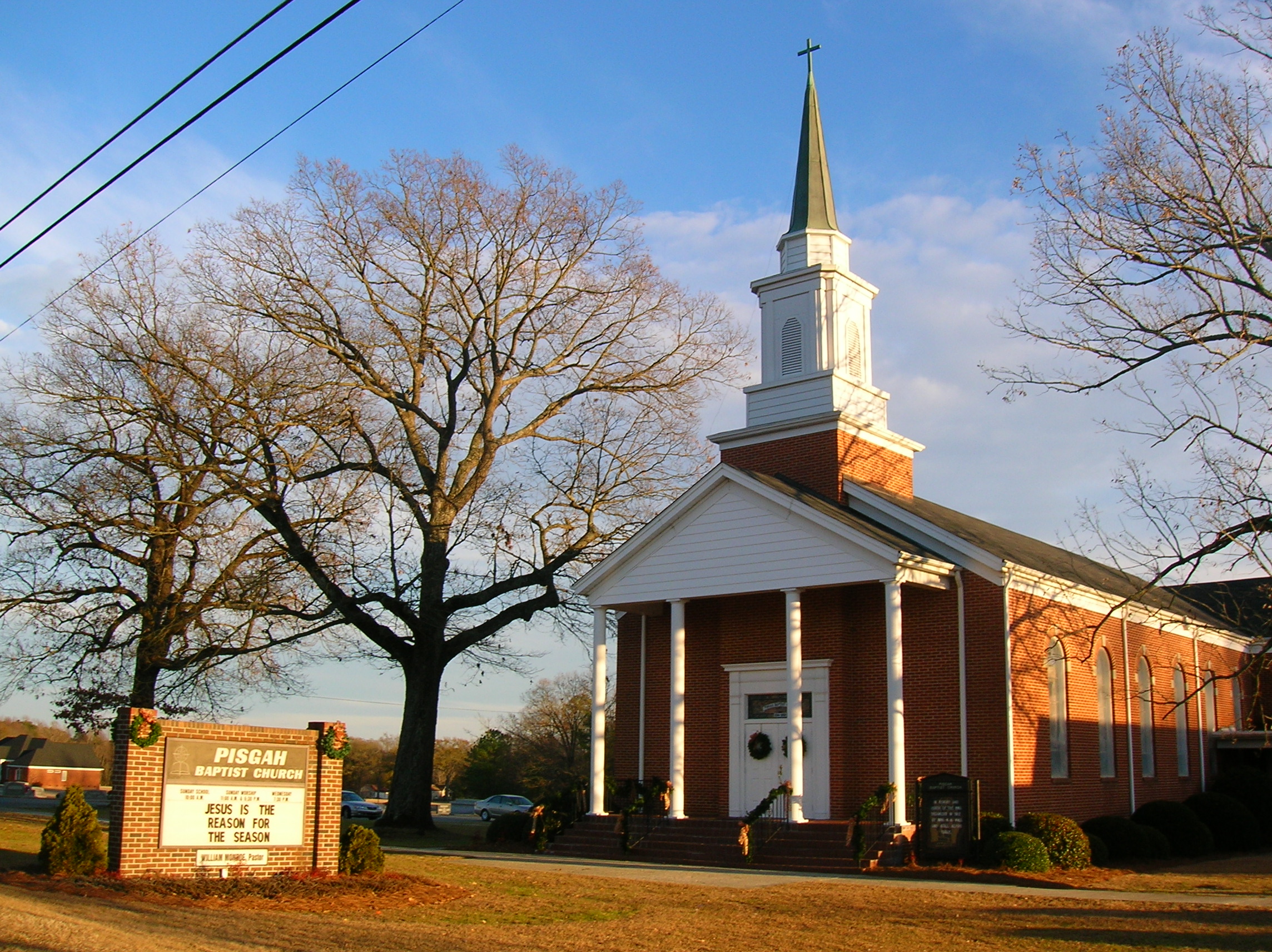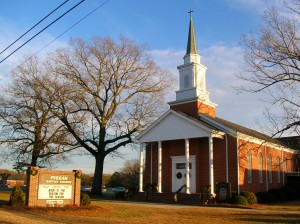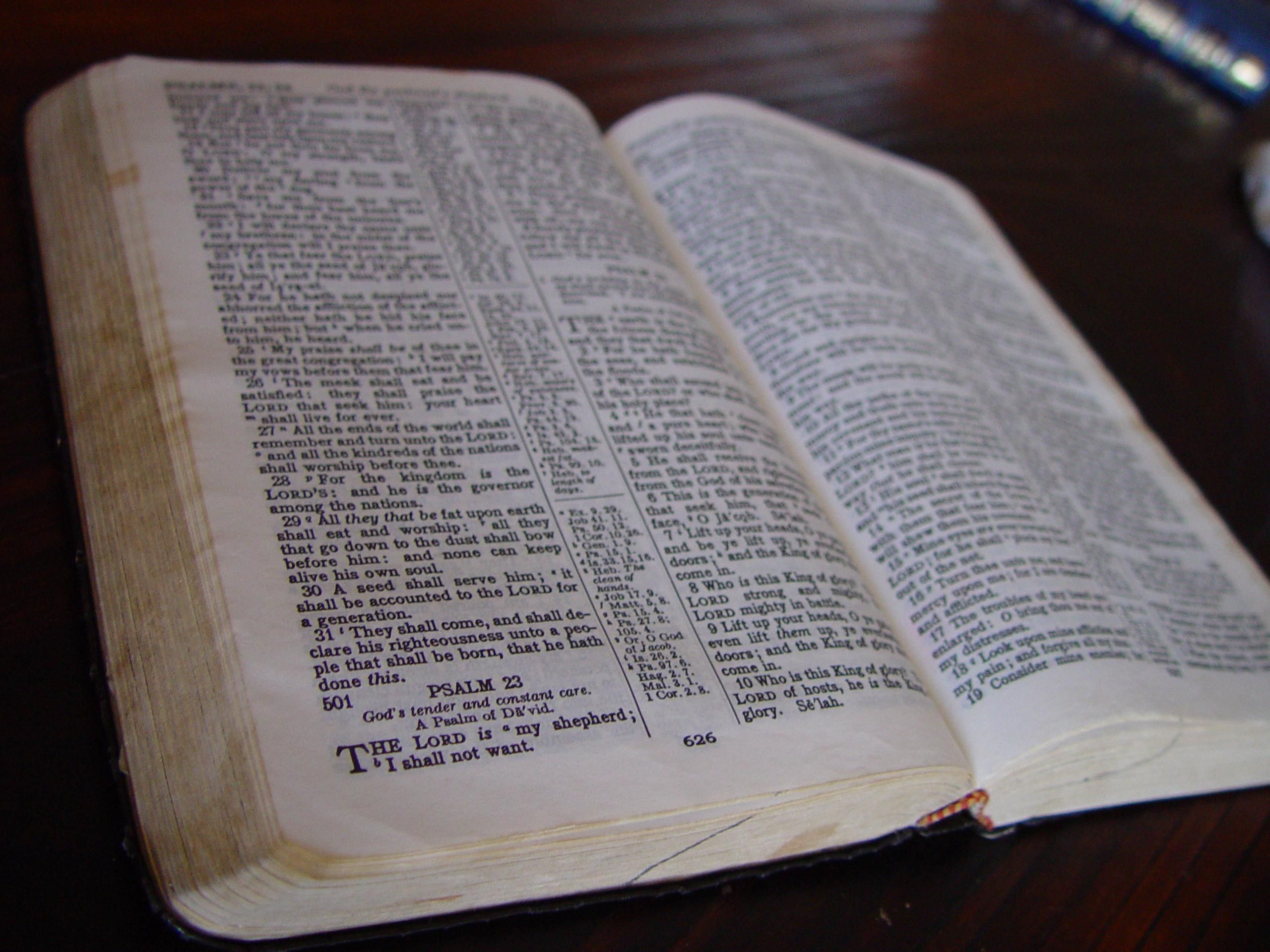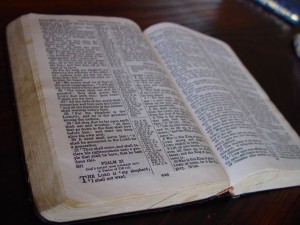The Truth About Christianity and the Rise of Science
 As our country marks Columbus Day, the Colson Center for Christian Worldview has re-released a 2003 commentary from the late Chuck Colson about Christopher Columbus, the rise of science in Europe, and the role Christianity played in scientific discovery.
As our country marks Columbus Day, the Colson Center for Christian Worldview has re-released a 2003 commentary from the late Chuck Colson about Christopher Columbus, the rise of science in Europe, and the role Christianity played in scientific discovery.
Science only happened in areas whose worldview was shaped by Christianity, that is, Europe. Many civilizations had alchemy; only Europe developed chemistry. Likewise, astrology was practiced everywhere, but only in Europe did it become astronomy.
That’s because Christianity depicted God as a “rational, responsive, dependable, and omnipotent being” who created a universe with a “rational, lawful, stable” structure. These beliefs uniquely led to “faith in the possibility of science.”
You can listen to Chuck Colson’s entire commentary below or read it here.
[audio:http://www.breakpoint.org/images/content/breakpoint/audio/2016/101016_BP.mp3|titles=Columbus and the Rise of Science by Chuck Colson]

 When we talk about the value of religion to American society, we often mean moral or spiritual value–like the way Christians and churches espouse biblical truth and point people back to God. The Church’s primary “value” in the world is spiritual–not monetary.
When we talk about the value of religion to American society, we often mean moral or spiritual value–like the way Christians and churches espouse biblical truth and point people back to God. The Church’s primary “value” in the world is spiritual–not monetary.
 As we have written before
As we have written before